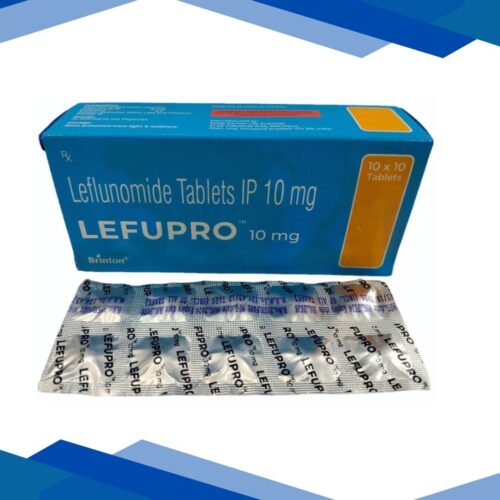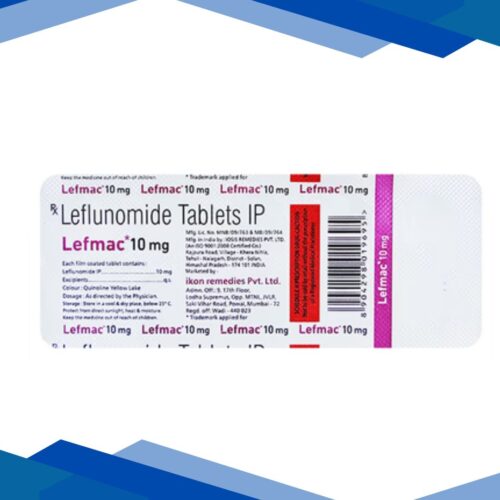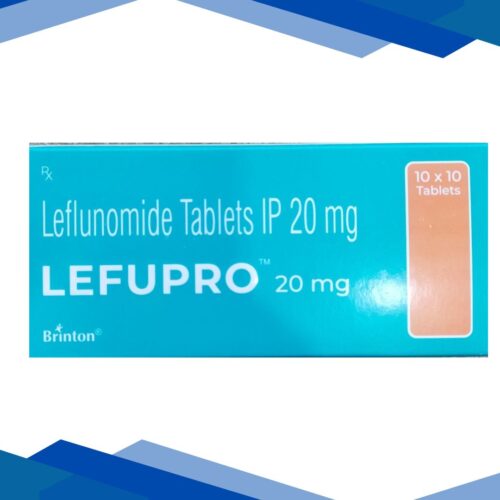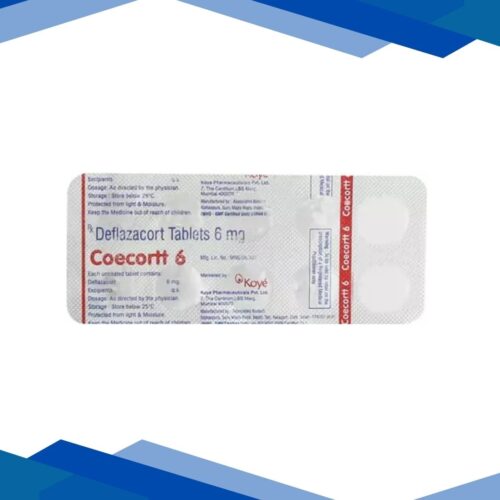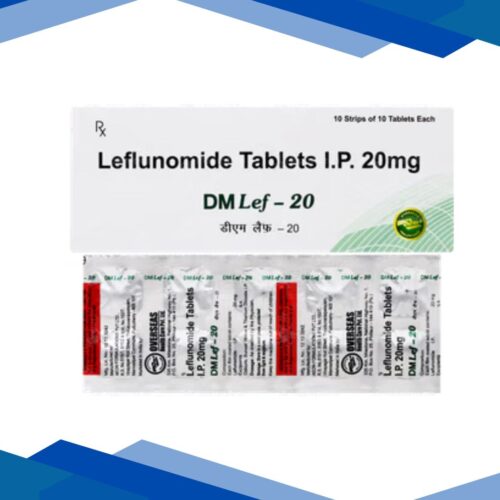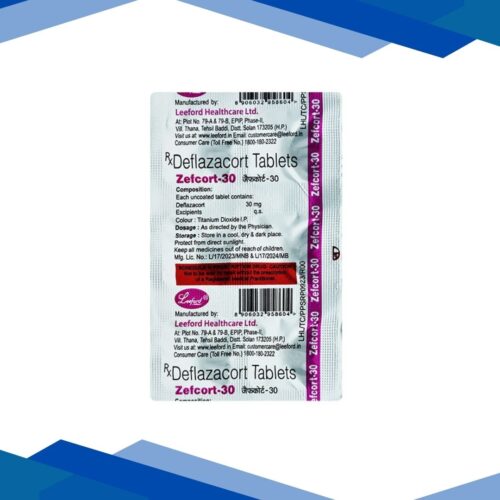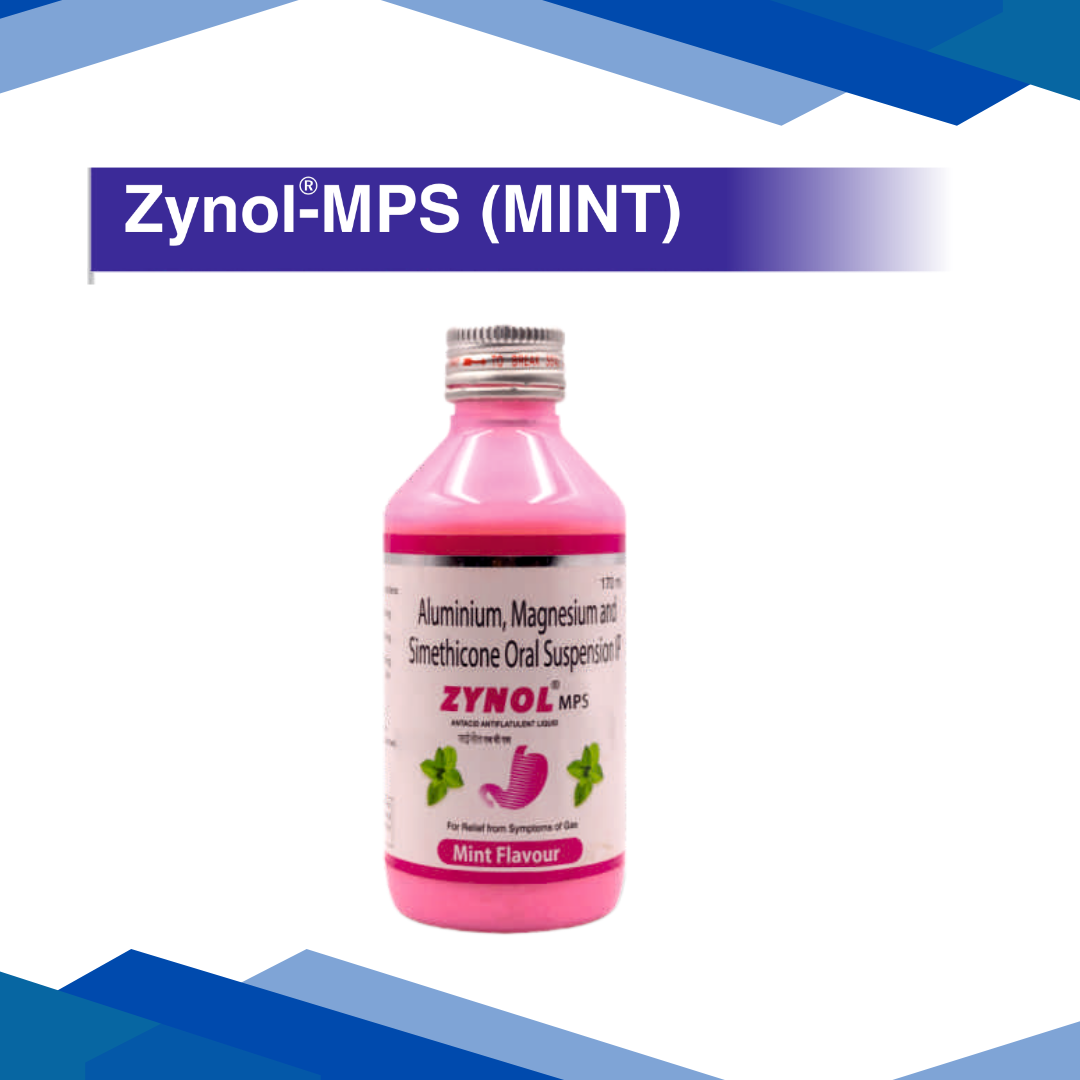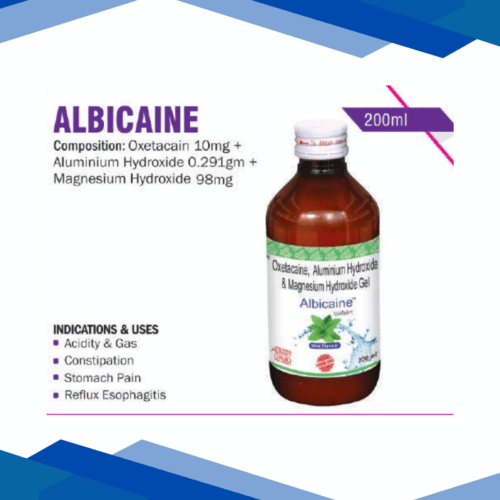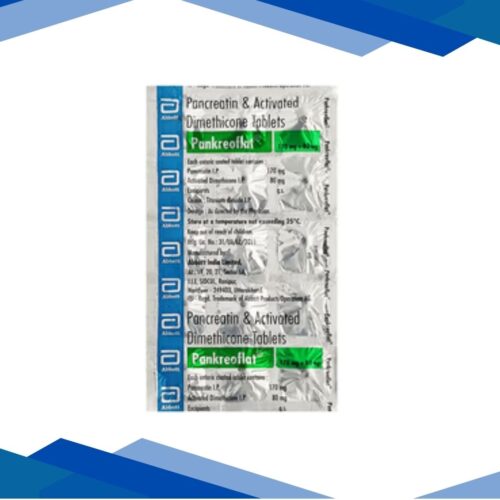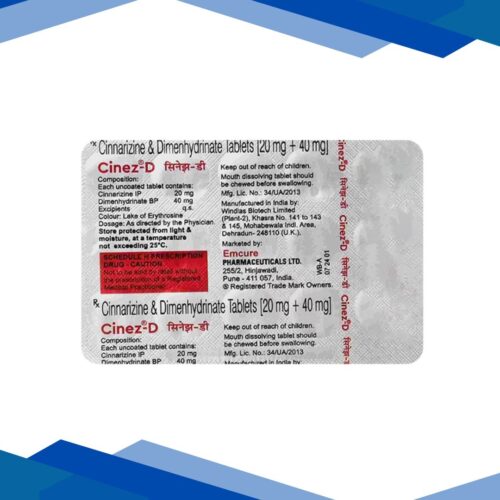Coecortt 6mg Tablet 10’S
Zecort 30mg Tablet 6’S
Zynol-MPS (MINT)
No Prescription yet? Don’t worry! Click Here to Get Online Consultation
Why Prescription is Required?
✅ Providing Right Medicines
Prescriptions are complex documents. We proofread and recheck at various steps to provide you the right medication in the correct form and dose.
⚖️ Helps Comply with the Law
Most medicines cannot be sold without a valid prescription, as per the Drugs and Cosmetics Act, 1940 and Rules, 1945.
Book Appointment with Doctor
Dried aluminium hydroxide and magnesium hydroxide are used to neutralize excess stomach acid and relieve symptoms of acidity, heartburn, and indigestion. Activated dimethicone is used to reduce gas, bloating, and abdominal discomfort. For more details kindly click on Medicine Salts below:
Aluminum Hydroxide
Aluminum Hydroxide
OVERVIEW
Aluminum hydroxide is an antacid.Aluminum hydroxide is used to treat heartburn, upset stomach, sour stomach, or acid indigestion. Aluminum hydroxide is also used to reduce phosphate levels in people with certain kidney conditions.
CLASSIFICATION
Antacid and alkalizer.
USES
Aluminium Hydroxide is used in the treatment of acidity, intestinal ulcers and stomach ulcers.
HOW IT WORKS
Aluminum hydroxide enters your stomach and reacts with the acid present there. This reaction neutralizes the acid, forming water and aluminum chloride. As a result, the overall acidity in your stomach decreases, which helps alleviate discomfort caused by acid-related issues.
DOSAGE
As directed by the physician
PRECAUTIONS
If you’re considering taking aluminum hydroxide—commonly used as an antacid—it’s important to consult with a healthcare professional if you have any of the following conditions:
Kidney Issues: Aluminum hydroxide is primarily eliminated through the kidneys. Impaired kidney function can lead to a buildup of aluminum in the body, potentially causing serious health problems such as bone softening (osteomalacia), anemia, and neurological issues .
Severe Constipation: This medication can exacerbate constipation. If you already experience severe constipation, using aluminum hydroxide may worsen your condition and lead to complications like bowel obstruction
Dehydration: If you’re dehydrated, your body’s ability to process and eliminate aluminum may be compromised, increasing the risk of aluminum toxicity .
Frequent Alcohol Consumption: Regular alcohol intake can irritate the stomach lining and increase acid production, potentially reducing the effectiveness of aluminum hydroxide and worsening acid-related symptoms
SIDE EFFECTS
Diarrhea
Constipation
Loss of appetite
Unusual tiredness
Muscle weakness
DISCLAIMER
This content is for informational purposes only. Always consult a healthcare provider for medical advice and proper dosage
Dimethicone
DIMETHICONE
Overview
Dimethicone is a smoothing and protecting ingredient commonly found in lotions, creams, shampoos, and even some medications. It forms a lightweight, invisible barrier on the skin or hair, helping to lock in moisture, soothe irritation, and give a soft, silky feel. It’s gentle and often used for sensitive or dry skin.
Classification
Silicone-based skin protectant and anti-foaming agent.
Uses
Helps relieve dry, rough, or itchy skin (like in eczema or dermatitis)
Used in anti-chafing and diaper rash creams to protect the skin
Common in cosmetics and moisturizers for a smooth, non-greasy finish
Found in shampoos and conditioners to reduce frizz and add shine
Acts as an anti-foam agent in some medications or digestive aids
How It Works
Dimethicone works by forming a protective film over the skin or hair. This barrier helps to prevent water loss, shields the skin from irritants, and allows it to heal naturally. On hair, it smooths the strands, reduces tangling and frizz, and enhances shine.
Dosage
As prescribed by your doctor.
Side effects
Dimethicone is generally very well-tolerated, but in rare cases, some may experience:
Mild redness or irritation, especially with prolonged use on sensitive skin
Breakouts, if used in heavy amounts on acne-prone skin (though it’s non-comedogenic for most people)
Allergic reactions are extremely rare
Precautions
For external use only—don’t apply to open wounds or broken skin unless directed
Stop using if you notice rashes, itching, or signs of allergy
While it’s safe for most, people with very sensitive or acne-prone skin should patch-test new products
Safe during pregnancy and breastfeeding, but always check with your doctor for long-term or large-area use
Keep out of eyes, and rinse thoroughly if contact occurs
Disclaimer
This content is for informational purposes only. Always consult a healthcare provider for medical advice and proper dosage
Magnesium Hydroxide
Magnesium Hydroxide
OVERVIEW
A medication used to temporarily relieve constipation and heartburn
CLASSIFICATION
saline laxatives.
USES
As an Antacid: Magnesium hydroxide neutralizes excess stomach acid by reacting with hydrochloric acid in the stomach, forming magnesium chloride and water. This reaction raises the stomach’s pH, reducing acidity and providing relief from heartburn and indigestion.As a Laxative: When taken in higher doses, magnesium hydroxide draws water into the intestines through an osmotic effect. This increased water content softens stool and stimulates bowel movements, typically within 30 minutes to six hours.
HOW IT WORKS
Magnesium Hydroxide works by neutralizing stomach acid, which helps relieve heartburn, indigestion, and upset stomach. It also draws water into the intestines, softening the stool and making bowel movements easier, so it can act as a gentle laxative.
DOSAGE
As directed by the physician
PRECAUTIONS
Heartburn vs Heart Attack
Heartburn (GERD) is a digestive issue where stomach acid irritates the esophagus, causing:
A burning sensation in the chest, often after eating.
A sour or bitter taste in the mouth.
Pain that may worsen when lying down or bending over.
Heart Attack symptoms can include:
Pressure, tightness, or squeezing in the chest.
Pain radiating to the shoulders, neck, jaw, or back.
Shortness of breath, nausea, cold sweat, or lightheadedness.
Symptoms may occur suddenly, often without a clear trigger.
If you’re unsure whether it’s heartburn or a heart attack, it’s essential to seek medical attention immediately.
When to Be Extra Cautious
Before taking antacids like magnesium hydroxide (Milk of Magnesia), consult a healthcare provider if you have:
Kidney disease or a history of kidney stones: Antacids can affect kidney function and electrolyte balance.
Severe constipation: Some antacids can worsen constipation.
Dehydration: Dehydration can affect how your body processes medications.
Frequent alcohol consumption: Alcohol can interact with medications and exacerbate side effects.
Always follow dosing instructions and consult a healthcare professional if you have concerns.
Bottom Line
If you experience chest pain or discomfort and are uncertain of the cause, it’s better to err on the side of caution. Seek medical attention promptly to ensure your safety.
SIDE EFFECTS
The medicine may cause serious side effects. Stop using the medicine and call your doctor at once if you have:
severe stomach pain or constipation, loss of appetite;
pain when you urinate;
muscle weakness, tiredness;
extreme drowsiness; or
bloody or tarry stools, coughing up blood or vomit that looks like coffee grounds.
DISCLAIMER
This content is for informational purposes only. Always consult a healthcare provider for medical advice and proper dosage
